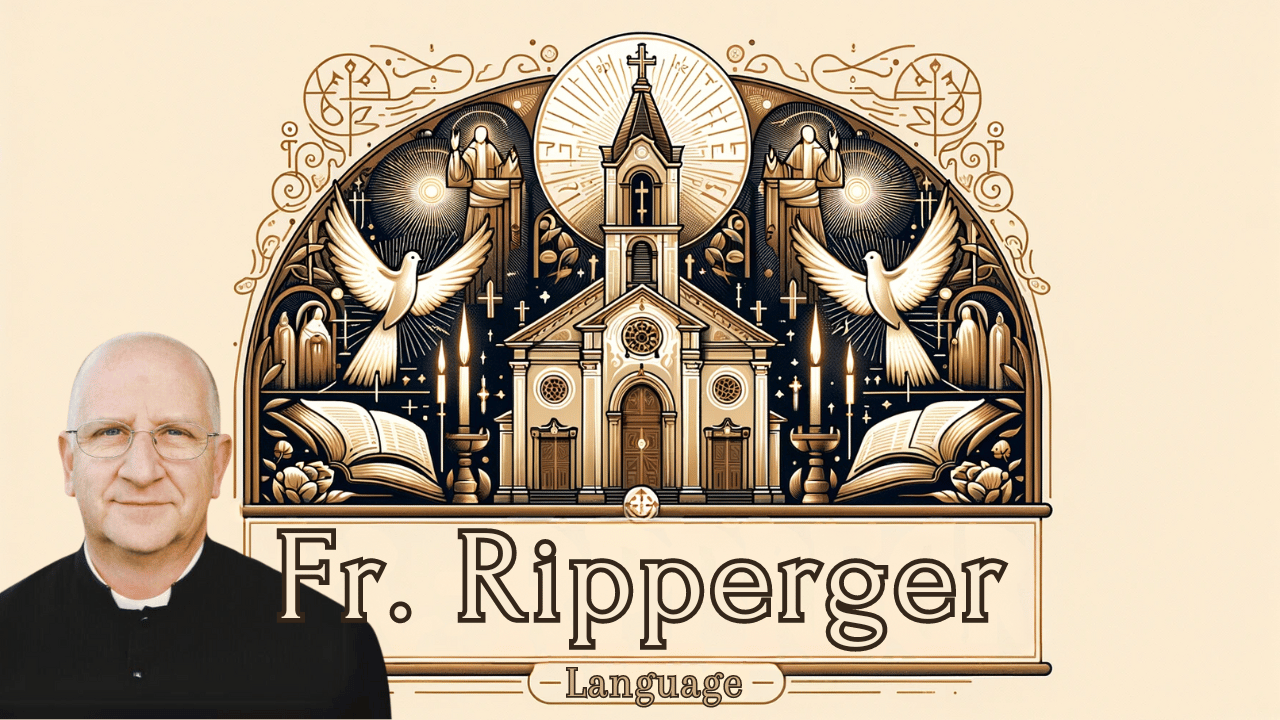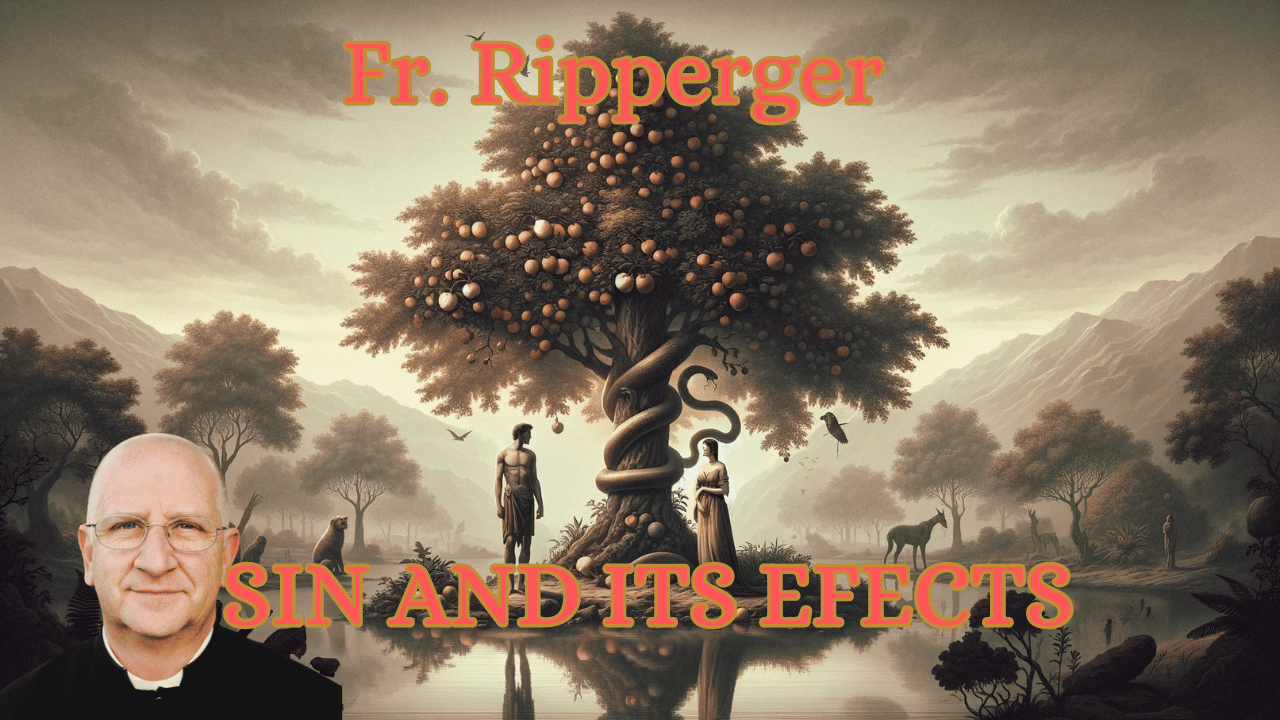In a world inundated with words and messages, understanding the essence of language is more crucial than ever. This is the focus of a fascinating conference led by Fr. Ripperger, where he delves into the intricate nature of language as a medium of communication. Here, I share some of the key insights from his talk, which cast light on how we use and perceive language in our daily lives.
Language as a Bridge Between Minds
Fr. Ripperger begins by portraying language as a bridge for transferring concepts between individuals. Take the simple example of a dog: one person forms a mental image of a dog, associates this image with specific words, and communicates it. The listener then decodes these words to understand the concept. This process underscores language’s pivotal role in idea exchange.
The Truth in Language
According to Fr. Ripperger, language, by its natural law, is fundamentally designed to convey truth. This principle extends beyond the mere conveyance of ideas to their structural and expressive aspects, underlining the role of grammar in ensuring mutual understanding. He warns against the misuse of language through deception, advocating for an unwavering commitment to truthfulness in all forms of speech.
The Misuse of Language in Manipulation
The conference takes a critical turn as Fr. Ripperger discusses the misuse of language in politics and manipulation. He condemns the intentional creation of ambiguity and the redefinition of terms for deceptive ends. The importance of linguistic precision is emphasized, as its absence can lead to misunderstanding or erroneous conclusions.
Modesty in Speech
A striking aspect of Fr. Ripperger’s talk is the emphasis on modesty in language. He advocates for dignified, appropriate, and virtuous speech, noting that historically, precise and respectful language indicated intelligence and moral integrity. The way we speak, he argues, is not just a means of communication but a reflection of our internal discipline and character.
Adjusting Language to Context
Fr. Ripperger stresses the importance of adapting our language to suit the audience and situation. This adaptability, which involves maintaining respect and appropriateness in speech, is key to effective and respectful communication.
Language-Related Sins: Blasphemy, Profanity, and Vulgarity
Delving into the darker aspects of language, Fr. Ripperger differentiates between blasphemy, profanity, and vulgarity. He condemns the casual use of sacred terms and underscores the need to preserve dignity and reverence in language, both in the words chosen and their underlying intent.
Concluding Thoughts
The conference concludes with practical advice on language use in different contexts, highlighting the need for communication that is virtuous, truthful, and fitting. Whether in casual conversation or formal discourse, Fr. Ripperger encourages language use that reflects the speaker’s moral and intellectual stature.
Fr. Ripperger’s insights remind us of the power and responsibility that come with language. It’s a tool not just for sharing information but for building understanding and reflecting our own inner truths and virtues. As we navigate a world dense with words, let’s remember the profound impact our language choices have on ourselves and those around us.


